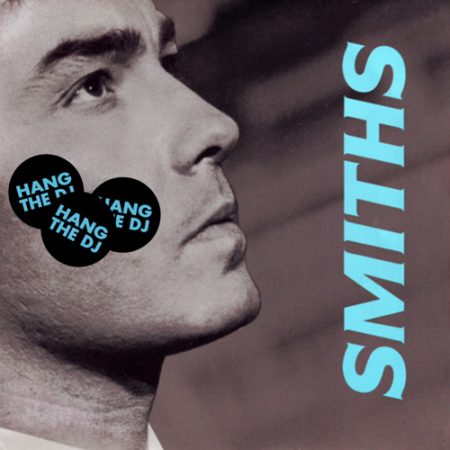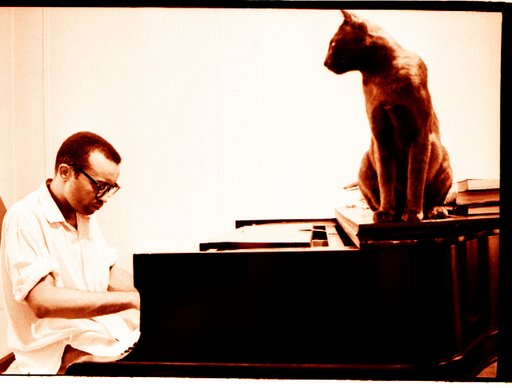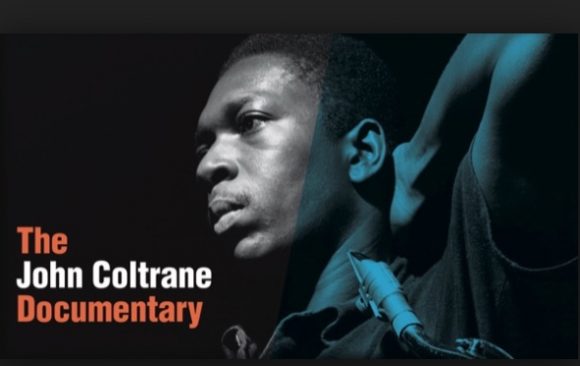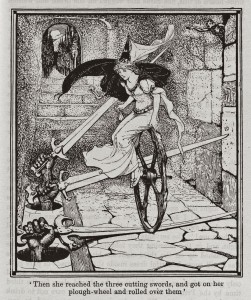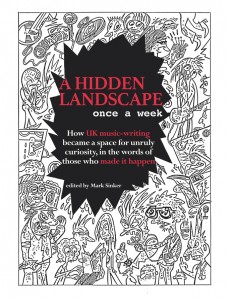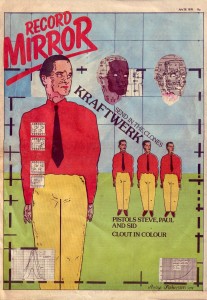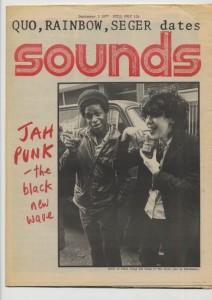#NoBanNoWall #LetThemIn
This is a list of resources for migrants and refugees in the UK and Europe, and related organisations, originally crowd-sourced and storified on twitter by the redoubtable Daniel Trilling (@trillingual) and various excellent people in his timeline. It seems like a helpful moment to put the information into a user-friendly form. Some are charities, some are activist non-profits: quite apart from all the people who desperately need help, the official laws, techniques and institutions being developed to police borders and harm refugees and migrants will be quickly be exported to the rest of society, the poor and the vulnerable in particular, the establishment of border-patrol politics at all levels of daily life.
Order is alphabetic, in sections: UK-wide first, then UK local, then a scattering of Europe-wide orgs and some US ones too. Some are self-explanatory, some I’ve given a very brief description. It’s nowhere near exhaustive, obviously — just a start. I’ll probably give it a page of its own shortly — this is just my blog after all — but it seemed the common-sense place to start. If you can, donate or give your time and energy. And circulate this.
UK NATIONAL
Against Borders for Children, against border regimes within schools @Schools_ABC
Association of Visitors to Immigrant Detainees @AVIDdetention
Asylum Aid, @AsylumAid
Asylum Support Appeals Project helps people appeal their cases, get housing, avoid destitution
Bail for Immigration Detainees
Christian/Muslim refugee initiatives, local and national
City of Sanctuary network (UK & Ireland), encouraging communities to welcome refugees, branches nationwide (see below for a few of them) @cityofsanctuary
Counterpoints Arts, engaging with refugee and grant experiences @CounterArts
Detention Action supports people in UK immigration detention @DetentionAction
Doctors of the World: campaigning for refugees in UK to access healthcare, @DOTW_UK
Help Refugees UK @HelpRefugeesUK
Homes Not Borders @Homesnotborders
Homes for Syrians @homesforsyrians
Hope for the Young (formerly OMID International) @hopefortheyoung
Hope not Hate @hopenothate
Housing Rights (not just migrants and refugees)
How to ask your MP to expand UK refugee resettlement
Legal action for women
Lesbians and Gays Support the Migrants
Lobby your MP
Lorraine Ayensu Refugee Arts fund @LARAfund
Médecin Sans Frontières @MSF, @MSF_Sea, @MSF_uk
Medical Justice: health rights for UK immigration detainees @MedicalJustice
Migrants’ Law Project offers strategic litigation against immigration detention @MigrantsLawProj
Migrant Voice, for migrant voices to be heard in the UK media @MigrantVoiceUK
Movement for Justice By Any Means Necessary @followMFJ
Music in Detention @MIDdetention
PlatformaArts and Refugee Network @PlatformaArts
Red Cross UK refugee support @britishredcross
Refugee Action @RefugeeAction
Refugees at Home, seeking hosts for refugees and asylum seekers in the UK @RefugeesAtHome,
Refugee Council @refugeecouncil
Safe Passage works to bring vulnerable refugees in Europe to Britain @Safepassageuk
UK Lesbian and Gay Immigration Group @uklgig
We Are Chatterbox: language and cultural training service by refugees @wearechatterbox
Women for Refugee Women campaigns (Yarl’s Wood and elsewhere) @4refugeewomen
Yarl’s Wood Befrienders @YWBefrienders
UK LOCAL
A useful map for local links @RefugeeWeek
London:
Croydon and NW London:
Young Roots: supporting young refugees and asylum seekers @weareyoungroots
East London:
Refugee and Migrant Forum of Essex and London @RAMFELcharity
Greenwich:
Greenwich Migrant Hub @GreenwichMH
Hackney:
Akwaaba social centre for asylum seekers, refugees and other migrants @akwaabahackney
Hackney Migrant Centre
Haringey:
Haringey Migrant Support Centre haringeymsc.org
Islington:
Islington Centre for Refugees and Migrants: English lessons, support, workshops, hot meals @IslingtonCentre
Lewisham:
Action for Refugees in Lewisham @Afril
North East London:
North East London Migrant Action: people left destitute by local council policies @NELMAcampaigns
Walthamstow:
Walthamstow Migrants’ Action Group
London-wide:
English for Action: English lessons in London @EFALondon
New North London Synagogue Drop-In Centre for Destitute Asylum Seekers
Praxis: advice, support, meeting place for migrants and refugees
Refugee Connection: helping refugees and Londoners get to know one another @RefConnection
SOAS detainee support
Support network for people stranded in London by the #MuslimBan
Bradford:
Bradford City of Sanctuary @bradfordCoS
Brighton, Sussex and Surrey:
Brighton Voices in Exile @brightonvoices
Brighton Migrant Solidarity @BriMigSol
Bristol:
Bristol Refugee Rights @bristolrefugeer
Huddersfield:
Destitute Asylum Seekers Huddersfield
Hull:
Hull Help for Refugees @hullforrefugees
Leeds:
Leeds Asylum Seekers Support Network @lassnleeds
Leeds No Borders @leedsnoborders
Positive Action for Refugees and Asylum Seekers @PAFRAS_Leeds
Leicester:
After 18, a resource for migrants, refugees and asylum seekers entering adulthood @after18uk
Liverpool and Merseyside:
Asylum Link @asylumlink
Manchester:
Boaz Trust, serving destitute asylum seekers
Manchester Refugee Support Network
Newcastle:
Action Foundation provides housing and language support @actionFdn
Notts:
Nottingham and Nottinghamshire Refugee Forum @NNRF1
Oxford:
Asylum Welcome @asylumwelcome
Reading:
Reading Refugee Support Group
South Yorkshire:
South Yorkshire Migrants and Asylum Action Group @SYMAAG
Sheffield:
Assist Sheffield: challenging asylum destitution
Tyneside:
Newcastle Law Centre @NewcastleLC
North of England Refugee Service @NERSRefugee
West End Refugee Service
York:
Refugee Action York @refactyork
NORTHERN IRELAND:
Housing4All campaigns against destitution in Belfast @h4allni
Northern Ireland Community of Refugees & Asylum Seekers @NICRAScharity (refugee-led)
Horn of Africa People’s Aid Northern Ireland @HAPANI1 (refugee-led)
SCOTLAND:
Edinburgh:
Edinburgh City of Sanctuary @edinCoS
Welcoming Edinburgh @WelcomingEdi
Refugee Action Scotland: delivering aid to migrants freezing in the Balkans: @re_act_scotland
Glasgow:
Refuweegee: “we’re all fae somewhere”
Glasgow Unity Centre, which monitors and challenges deportations: @unitycentreglas
Positive Action: accommodation for destitute refugees @PositiveActionH
WALES:
Swansea:
Unity in Diversity: helping refugees and asylum seekers @uidswansea
REPUBLIC OF IRELAND:
Migrant Rights Centre Ireland @MigrantRightsIR
Contact your TD to ask them to oppose Trump’s ban
EUROPE
European Council of Refugees and Exiles @ecre
Welcome 2 Europe: information and contact lists country by country
Advice on Individual Rights in Europe @AIRECentre
Refugee Community Kitchen: food for migrants and the homeless in Dunkirk, Paris, Calais, London @RefugeeCkitchen
Refugee Rights Data Project @refugeedata
Red Cross EU @RedCrossEU
Caritas, “the helping hand of the Catholic Church” @iamcaritas
Food for migrants in the Balkans HERE and HERE
Connect Refugee: Phone credit for refugees in Europe, vital lifeline, sometimes literally
UNITED STATES
American Civil Liberties Union @ACLU
Southern Poverty Law Centre @splcenter
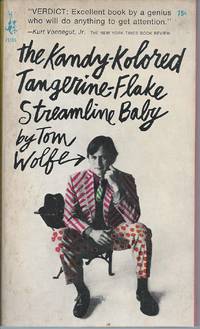 You only have to read the titles and the trend-naming — ‘Tiny Mummies’, the Tycoon of Teen, Radical Chic, From Bauhaus to Our House, the Me Generation, The Right Stuff — to see, instantly, that there was something here. Like some motormouth manager promoting the new pop group he was making famous and secretly ripping off, he had the liveliest huckster’s imagination. Here was a energy that made thing happen: Wolfe watched and listened and took notes and got inside heads — some heads — and when he got back to the page, delivered an intensely vivid cartoon sketch of a scene, sound effects in place among capitals, italics, dots, dashes and exclamation marks, the main narration often broadcast as if from behind the eyes of its participants, an inner-monologue ventriloquism that enabled the writer subtly to imply unreliability or even foolishness in a scenester. Continue reading “the invisible dandy: scribbled
You only have to read the titles and the trend-naming — ‘Tiny Mummies’, the Tycoon of Teen, Radical Chic, From Bauhaus to Our House, the Me Generation, The Right Stuff — to see, instantly, that there was something here. Like some motormouth manager promoting the new pop group he was making famous and secretly ripping off, he had the liveliest huckster’s imagination. Here was a energy that made thing happen: Wolfe watched and listened and took notes and got inside heads — some heads — and when he got back to the page, delivered an intensely vivid cartoon sketch of a scene, sound effects in place among capitals, italics, dots, dashes and exclamation marks, the main narration often broadcast as if from behind the eyes of its participants, an inner-monologue ventriloquism that enabled the writer subtly to imply unreliability or even foolishness in a scenester. Continue reading “the invisible dandy: scribbled 
